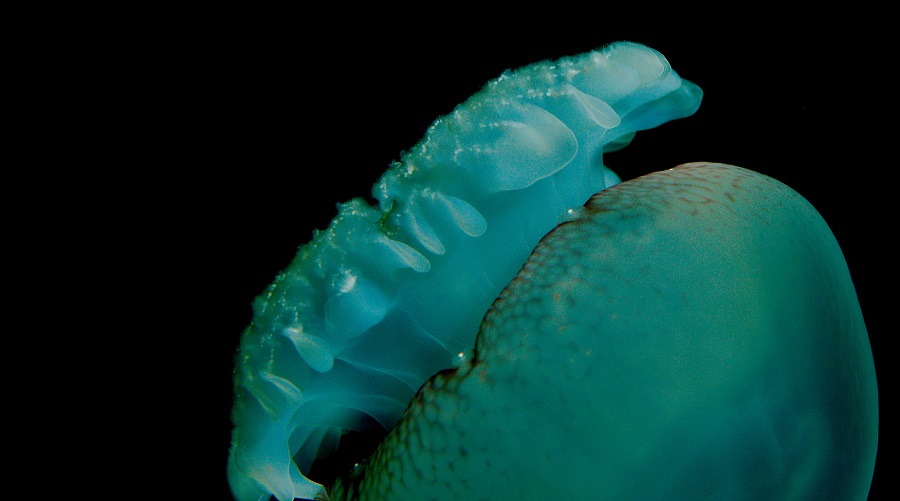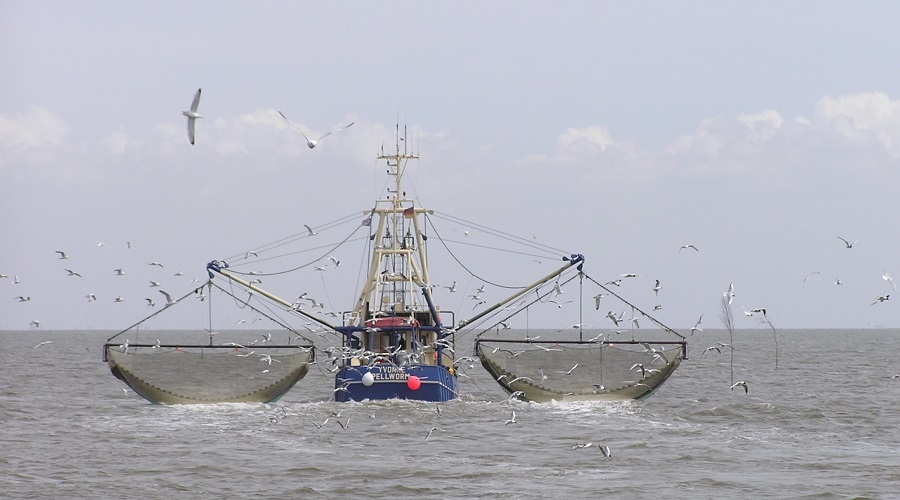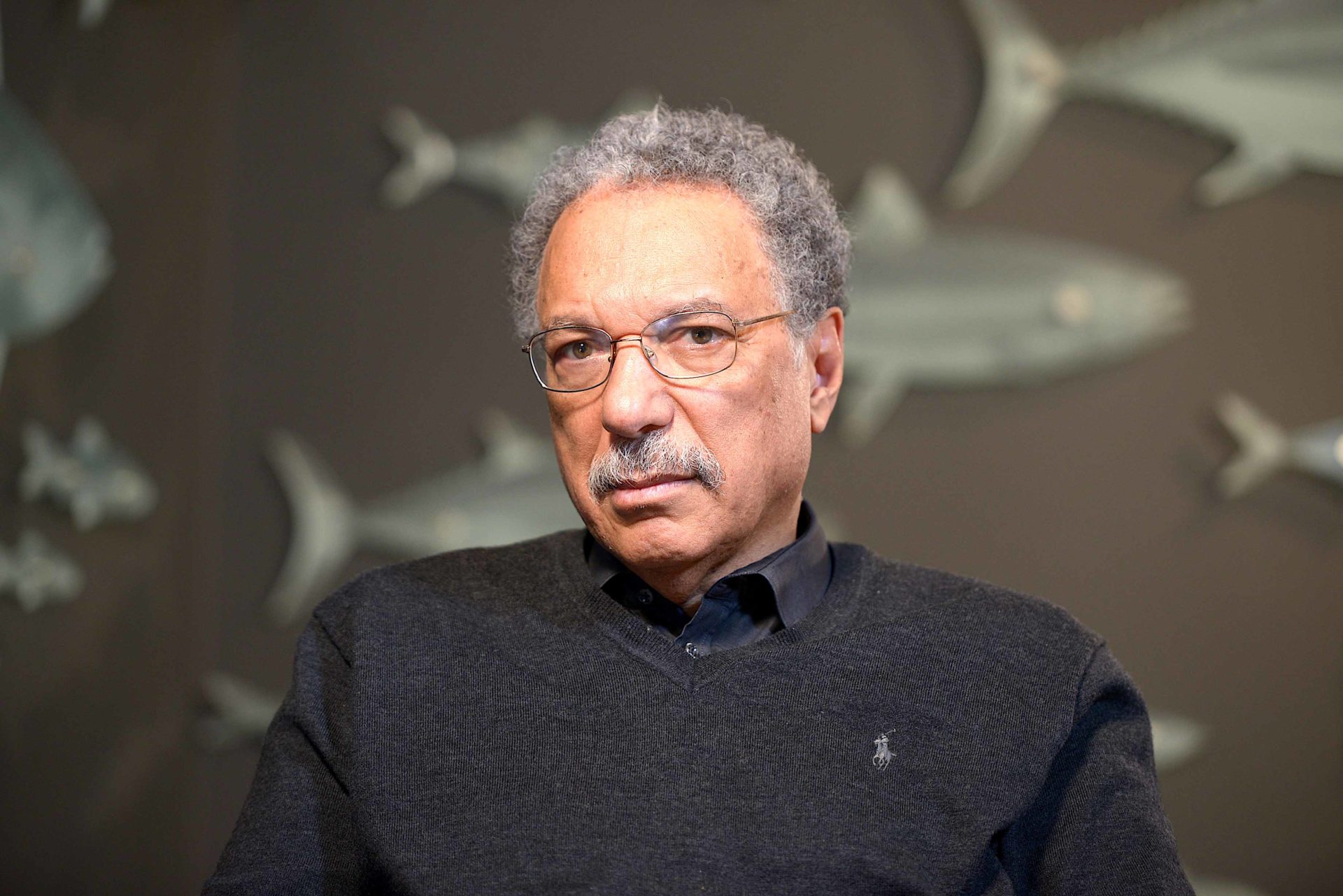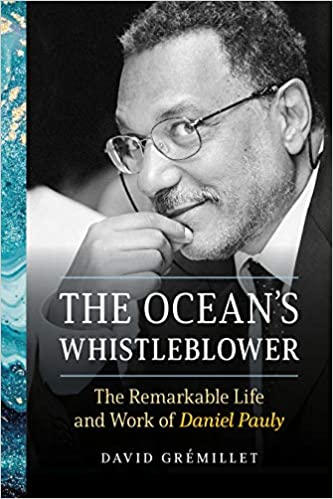
Cannonball Jellyfish (Stomolophus meleagris). Image by Josh More, Flickr.
(By Riley Tjosvold).
As countries deplete fish stocks in their own waters, they increasingly look to other nations for a steady supply of seafood favourites. This can result in large fisheries operations appearing in different places around the globe almost overnight and rapidly exploiting the fish stocks there, where the target fish aren’t part of local cuisine.






 Two years after the release of
Two years after the release of